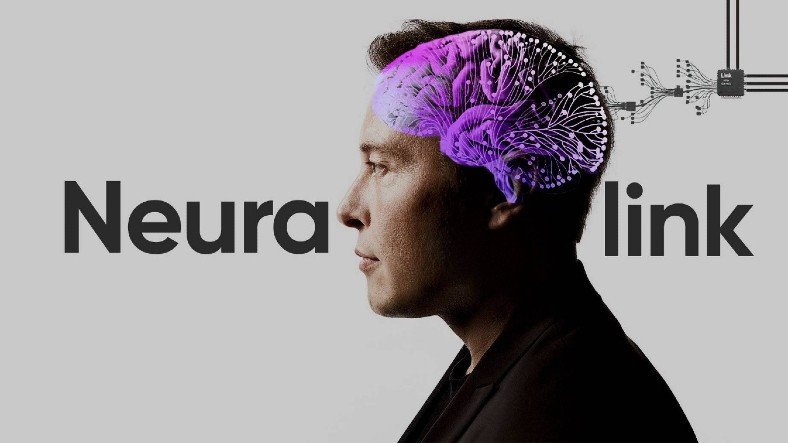Gratitude, an often overlooked aspect of our daily lives, carries an extraordinary power that can transform our health, relationships, and overall quality of life. This article delves into the science-backed benefits of gratitude and offers practical ways to incorporate it into our daily routines.
The Transformative Power of Gratitude
In 2022, Ama Adowaa, a high school teacher found her world engulfed in flames. She lost her husband to cancer, her father to heart attack, and her mother was diagnosed with cancer. Amidst the turmoil, she discovered solace in the practice of gratitude. She began to jot down simple moments of joy, appreciation and fulfillment each day such as having conversations with her mom, taking her neighbour’s daughter through her assignment and saying thank you to that kid that gave a hand carrying her luggage. This daily practice of gratitude, she found, helped her navigate through the grief.
Two decades ago, psychologist Robert A. Emmons embarked on a landmark study to explore the benefits of gratitude. His findings suggested that gratitude could significantly improve psychological well-being. This revelation sparked a wave of research that has since established gratitude as a powerful tool for enhancing emotional health, interpersonal relationships, and even physical health.

Understanding Gratitude
Gratitude is a positive emotion that emerges when we acknowledge the goodness in our lives and recognize that the sources of this goodness are often outside ourselves. It could be as simple as feeling grateful when someone shows kindness towards us. However, merely feeling gratitude is not enough. To reap the full benefits of this powerful emotion, it is equally important to express it.
The Benefits of Gratitude
Numerous studies have shown that expressing gratitude can provide significant mental health benefits. It can reduce symptoms of depression and anxiety, increase self-esteem, and improve satisfaction with daily life. Gratitude also enhances our relationships. Expressing gratitude to acquaintances, co-workers, friends, or romantic partners can offer a relationship “boost” and help strengthen our bonds.
Moreover, the benefits of gratitude extend beyond the individual expressing it. Observing an act of gratitude can cause an observer to feel more warmth and affinity toward the individuals involved. Some studies have even associated gratitude with lower blood pressure and higher levels of heart rate variability, markers of well-being.

Incorporating Gratitude into Daily Life
While there is no prescribed frequency or method for practicing gratitude, many experts believe that a small dose of gratitude, once a day, is ideal. To develop a long-lasting gratitude habit, try linking your gratitude practice to an already ingrained routine. For instance, you could think about what you’re grateful for when you first turn on your computer at work.
Being specific in your expressions of gratitude can also deepen your experience. Instead of simply saying “Thank you!”, try expressing your gratitude in more detail. For example, “I am grateful that you took the reins and handled all the kitchen duties tonight. I love how we take turns to give one another a break.”
Writing down what you’re grateful for can be particularly beneficial. The act of writing slows down our thinking process and allows us to ponder more deliberately. Plus, it provides a permanent record of our blessings, which we can return to in the future to recall what we were grateful for.

Conclusion
Gratitude is a powerful emotion that can bring about significant improvements in our mental and physical health, relationships, and overall quality of life. By making a conscious effort to recognize and express gratitude daily, we can harness its transformative power and pave the way for a happier, healthier life.










